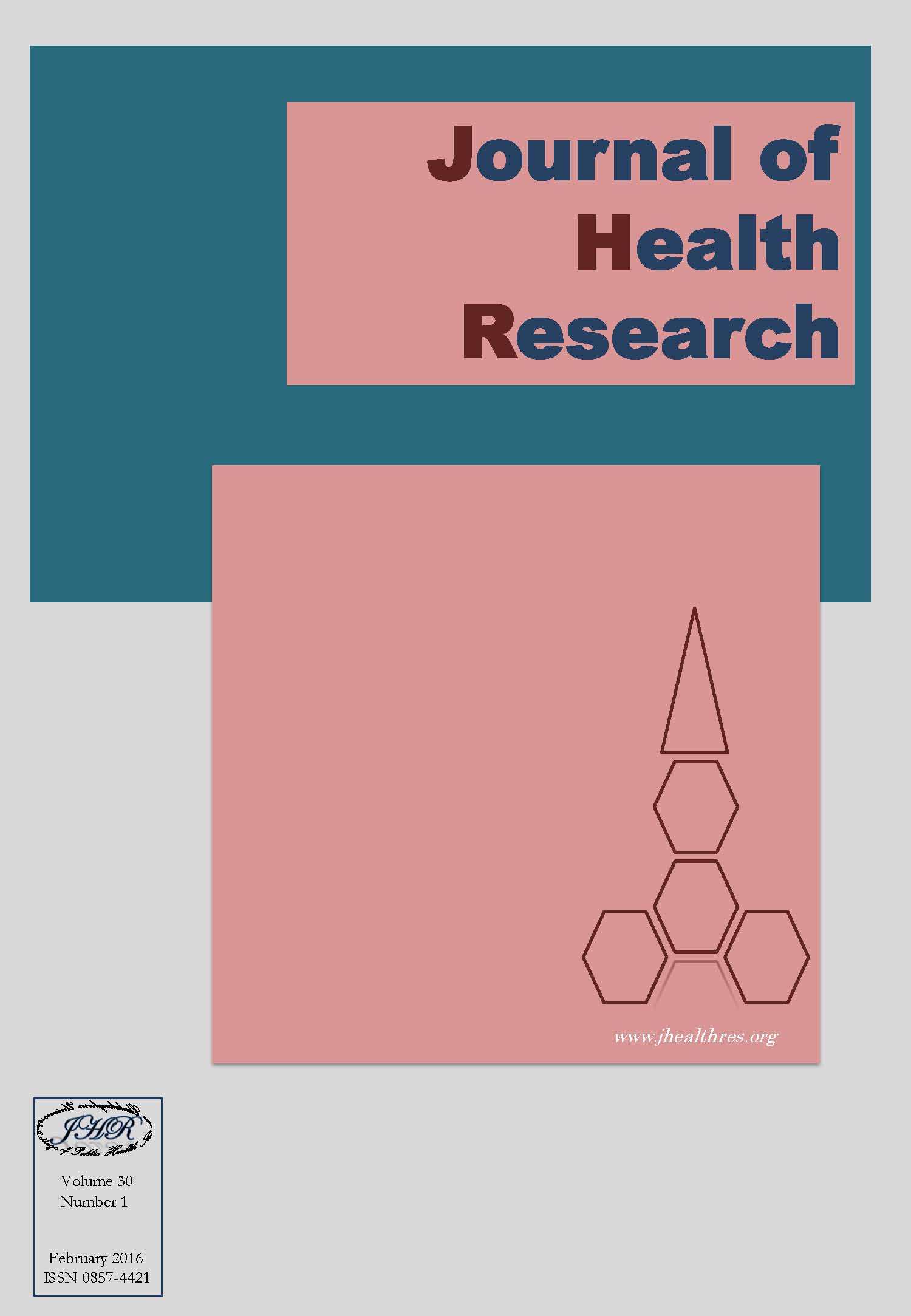Assessing the Attitudes and Understanding of Clinical Trial Participants in Thailand to Biobanking
Keywords:
Biobanking, Clinical trial participant, Qualitative research, Informed consentAbstract
Background: Attitudes and understanding of clinical trial participants regarding biobanking are not fully understood. This study explored the baseline understanding of biobanking amongst clinical trial participants in Thailand, to determine factors and attitudes which may affect an individuals’ decision to consent to involvement in biobanking studies.
Methods: Using qualitative research methodology, clinical trial participants (n=24) who were already enrolled in clinical research studies at the Hospital for Tropical Diseases were given an information sheet explaining biobanking. An in-depth interview was then conducted along with a demographic questionnaire. The results were analyzed using NVIVO 10 software.
Results: Fifty four percent felt they had a clearer understanding of biobanking after reading the brochure. All the respondents were willing to donate a blood sample to a biobank, and 22/24 wer–e positive towards the concept of biobanking, citing an altruistic desire to help future medical research efforts, potential benefits for their family and prospect of learning more about their own health from future studies such as genetic projects. There was an inverse relationship between the level of education / income of participants and their desire to receive direct financial compensation for donating a sample. Sixty two percent agreed that their sample could be stored and used indefinitely even after their death. Interviewees wishing to have clear structures of consent, protection of confidentiality of personal information, and fifty four percent wished to be contacted to specifically consent for future studies using their sample. They felt governance structures should involve researchers, a specific biobank committee and Government organizations. Whilst most responses were positive, including the potential for Thai samples to be used by researchers in other countries, the level of agreement was markedly lower if samples might be used by commercial companies such as pharmaceutical industry (73% neutral or disagreed).
Conclusions: Most respondents have a clearer understanding and positive attitude towards the concept of biobanking. This study suggests that researchers should provide both written and oral information during enrollment for biobanking studies, giving time for participants to better understand the purpose of biobanking studies prior to signing a consent form. They have implications for the planning and establishment of biobanking facilities in Thailand.






